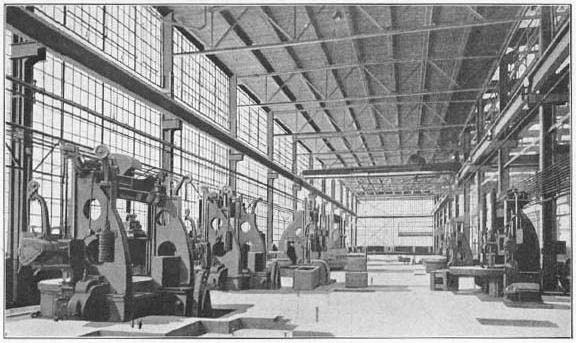One of the joys of blogging is finding gems in unlikely places. The gem is a post entitled Jewelry and Gold Plating Problems: Can You Trust Chinese Factories? I say unlikely because neither (nor I would bet, most of our readers) have much interest in jewelry plating problems. The post is written by a Shenzhen-based factory auditing company with whom my law firm’s international manufacturing lawyers have worked on many China manufacturing matters, and rest assured these people know whereof they speak when it comes to China manufacturing and this post is no exception.
The post ostensibly deals with how relatively inexpensive jewelry made of brass and plated with gold so often has quality problems. The post then does a great job digging into why this just keeps happening in this industry. This is an industry we know well because much of it is based in Qingdao and our law firm has long-standing connections to that city. This is also an industry with low profit margins and a ton of shady operators.
The post starts out asking “what is happening in this industry? Are they [the Chinese manufacturers] cheating the buyers, or are they simply careless?” It then gives the following three part explanation:
- Profit maximization with a “calculated risk” approach — what is sometimes referred to as “quality fade.”
- Reliance on so-called experience — not on facts and objective data.
- Buyers who don’t define their quality expectations clearly enough.
To which I say, “yup.”
The post then analyzes each of these three things.
1. Profit maximization with a “calculated risk” approach. Once a Chinese supplier ships its goods, the shipment has usually been approved and paid for and the transaction is fully completed. There are a few reasons for that:
- High logistics costs
- The process to return jewels is a nightmare
- Customs clearance (cost and time) at both the supplier and buyer sides
The above means China manufacturers try to ship products that are “as cheap to produce as possible, and yet likely to be accepted by the buyer. For example, if a buyer is asking for 1um gold plating, the jewels might only have a gold layer of 0.5um.”
2. Reliance on so-called experience — not on facts or objective experiments. According to the post, most buyers are surprised by this. “Chinese factories in general barely have an R&D team. Their expertise is based entirely on their intuition (which they call their “experience”), and unfortunately it can’t be fully trusted.”
Again, I can only assent.
When buyers bring a new case to their Chinese supplier, the supplier tries to remember similar cases. This might work in a factory that has been in business for many years with a stable staff and good problem solving abilities, but it doesn’t work in a small workshop started recently.
3. Buyers who don’t define their quality expectations clearly enough.
I personally see the foreign buyer as at least partially at fault most of the time. Not saying the Chinese manufacturer is not also at fault, because it usually is, but most of the time had the foreign buyer taken action before the problem arose, there would have been no problem. This post rightly blames buyers for not explaining their quality and manufacturing standards clearly enough to their Chinese manufacturers:
In some cases, the buyer asked for the plating to last for at least 6 months or 1 year. That’s better than nothing. But some factories see this requirement, confirm the need for 1um (or sometimes for 0.5um) gold plating, offer a competitive price, and are likely the get the customer’s business.
For a case of greenish effect on the skin, I called and discussed with tens of Chinese factories. The result was surprising. A few (yes only a few) provided real expert feedback. Most of them provided different requirements (some of them scientifically ridiculous) and said “do not worry, we will provide great quality if your client buys from us”.
Plating, be it on jewelry or other products, is an expertise area that most factories haven’t mastered. If plating is critical on your product, you might have to acquire the knowledge to guide (or force) your suppliers to be compliant with clear quality standards.
The post then explains how to be clear with your plating standards.
For what you as a buyer of manufactured goods from China can do to avoid quality problems I suggest you do the following five things:
- Use a Good Company. Sounds rather basic, but I constantly see this rule violated. Do your due diligence on your supplier.
- Use a Good Manufacturing Agreement. Good contracts ensure your Chinese company knows what is required of it and what will happen if it fails to provide it. For what constitutes a good Manufacturing Agreements go here and here. Most China contracts we see are completely worthless, with a good chunk of those being even worse than having no contract at all. See Why Your NDA is WORSE Than Nothing for China and Is Your China Contract Worthless?
- Use Detailed Documents. Chinese factories tend to do exactly what you tell them to do. This means that what you tell them to do needs to be clearly conveyed your instructions and specifications should be detailed and in Chinese.
- Visit the Factory. Either your own people or a third party QC company should pay regular visits to your factory. Doing this allows you to make sure it understands what you want and lets them know that you are serious about making sure you get it.
- Inspect. Perform regular product inspections appropriate to the product you are having made.
Do the above and your odds of getting good product go way up. Don’t do the above and they go way down.

























